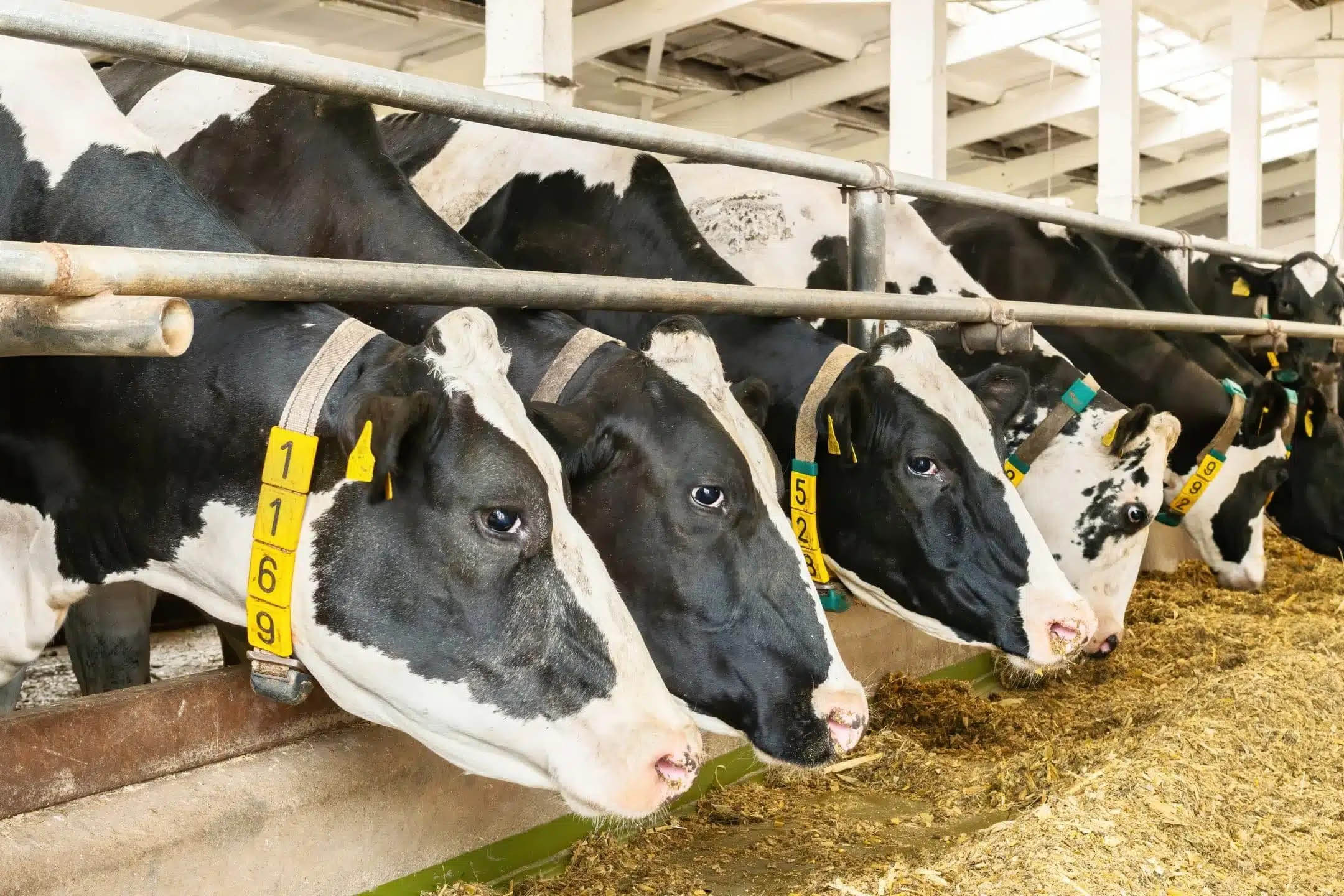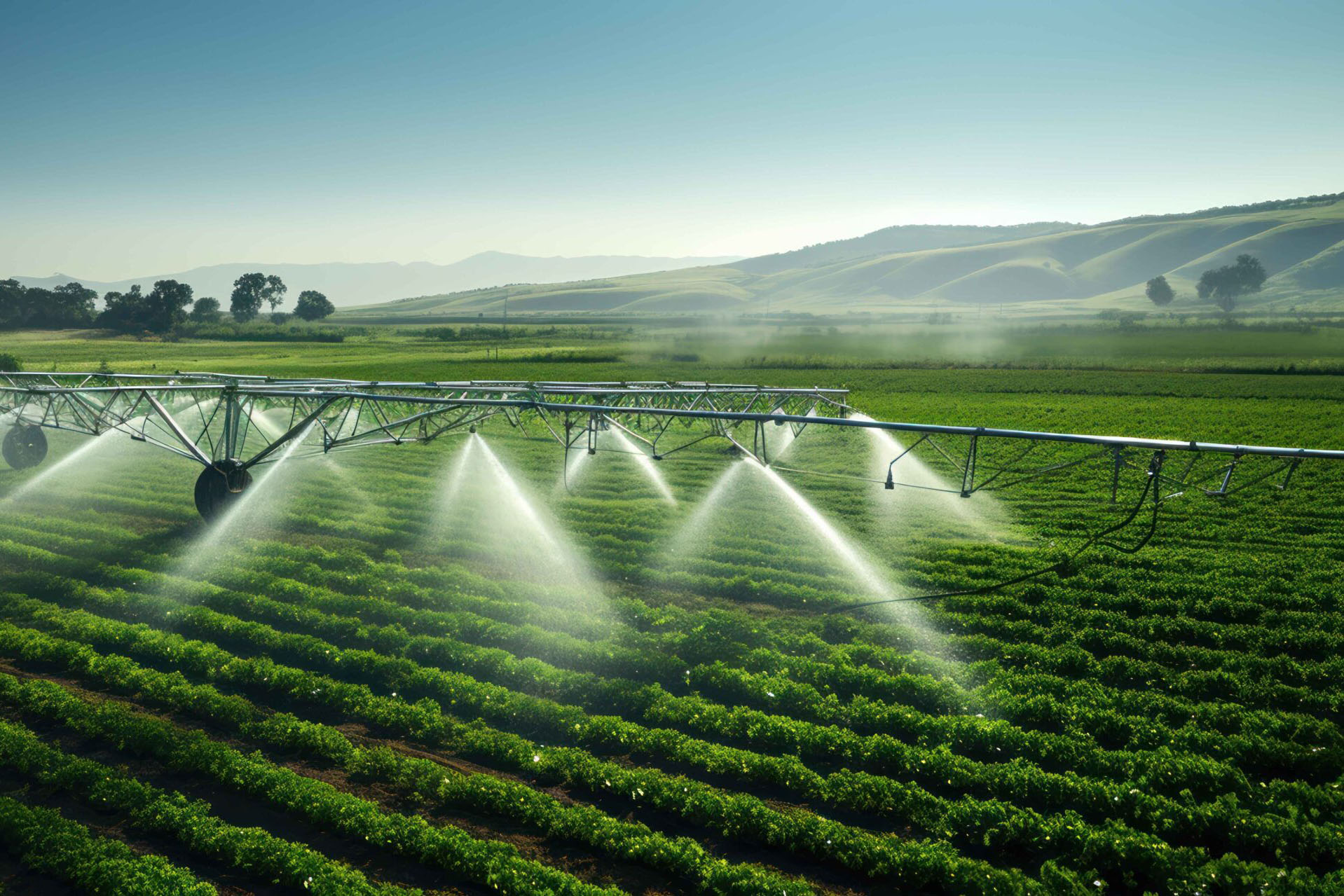Resources
Home > Resources

Sustainable Farming Practices Every Farmer Should Adopt
Sustainable farming is more than a trend—it’s a necessity for the modern farmer. With changing climates, soil degradation, and increasing input costs, farmers are seeking ways to maintain productivity while caring for the environment. Adopting sustainable practices ensures that the land remains fertile, water resources are preserved, and farming can continue for generations to come. One key practice is crop rotation, which not only improves soil fertility but also reduces pest and disease buildup. Farmers can also incorporate cover crops, which protect the soil from erosion, enhance organic matter, and improve nutrient cycling. These methods help maintain a healthy farm ecosystem while reducing reliance on chemical inputs. Integrated pest management (IPM) is another essential practice. By combining biological controls, proper monitoring, and selective pesticide use, farmers can manage pests more effectively while minimizing environmental impact. Similarly, organic fertilisers and composting improve soil health and reduce chemical dependency, contributing to long-term sustainability. Water management plays a crucial role in sustainable farming. Techniques such as drip irrigation, rainwater harvesting, and mulching allow farmers to optimize water use, reduce wastage, and ensure crops thrive even under dry conditions. Together, these practices create a resilient farm system where productivity and environmental stewardship go hand in hand.

The Importance of Animal Nutrition in Boosting Farm Productivity
Healthy animals are the backbone of a productive farm. Yet many farmers underestimate the impact of proper nutrition on livestock growth, reproduction, and overall performance. Understanding what animals need at each stage of life can transform their productivity, leading to better yields, healthier herds, and higher profits. Balanced feeding programs tailored to species, age, and production goals ensure that livestock receive the right amounts of protein, energy, vitamins, and minerals. Supplementing with high-quality feeds and monitoring intake can prevent deficiencies, reduce disease risks, and improve reproductive success. Farmers who invest in nutrition often see tangible improvements in weight gain, milk production, and egg yield. Beyond individual performance, good nutrition affects the farm ecosystem. Well-fed animals are more resilient to stress, require fewer veterinary interventions, and contribute to more sustainable farming practices. Combining nutrition with proper housing, disease prevention, and welfare practices amplifies these benefits, creating a healthy, productive livestock system. Ultimately, understanding and implementing effective animal nutrition strategies is an investment in long-term success. It transforms livestock management from a reactive task into a proactive approach that maximizes growth, efficiency, and profitability, benefiting both the farmer and the wider community.

How Modern Irrigation Technologies Are Transforming Agriculture
Water is the lifeblood of farming, yet inefficient irrigation leads to wasted resources, lower yields, and higher costs. Modern irrigation technologies are changing this reality, offering farmers smarter ways to manage water while improving productivity and sustainability. From smallholder farms to large commercial operations, these solutions are making a tangible difference. Drip irrigation delivers water directly to plant roots, reducing evaporation and runoff while ensuring that crops receive precise moisture levels. Sprinkler systems offer flexibility for a wide variety of crops and terrain, while automated sensors and smart irrigation controllers allow farmers to monitor soil moisture and adjust watering schedules in real time. These technologies don’t just conserve water—they also save labor and energy. Farmers can cover larger areas efficiently, reduce manual work, and respond quickly to environmental changes such as drought or uneven rainfall. With precise water management, plants grow healthier, yields increase, and overall farm profitability improves. The adoption of modern irrigation represents a shift towards climate-smart agriculture. By integrating innovative tools with traditional knowledge, farmers can build resilient systems that withstand environmental challenges. Ultimately, smart irrigation empowers farmers to grow more with less, contributing to food security, sustainability, and long-term farm success.
Find a Supplier Near you!
At Cegoi EcoAgri Consulting, we make it easier for farmers and agribusinesses to access trusted suppliers of seeds, farm inputs, tools, and eco-friendly solutions. Through our network of reliable partners, we ensure you get authentic, affordable, and sustainable products that support productivity and long-term growth.
Cegoi EcoAgri Consulting empowers farmers and agribusinesses with sustainable solutions in crop production, livestock, training, and environmental management—driving growth, resilience, and eco-friendly agriculture.